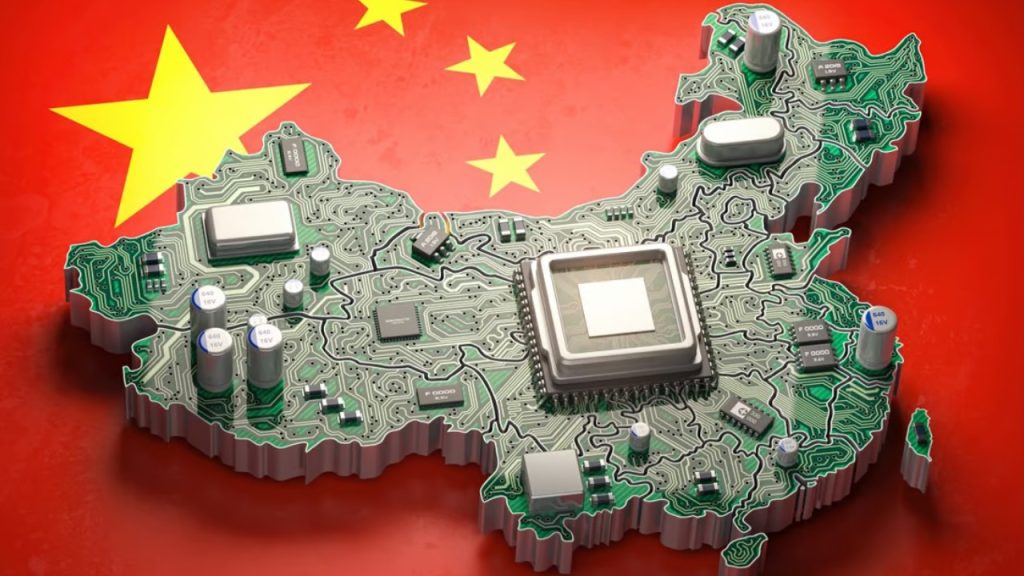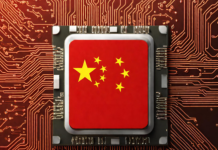As tensions escalate in the U.S.-China tech war, lawmakers are pushing the Biden administration to limit American companies’ involvement in RISC-V, an open-source chip technology. While cited as a national security move, experts warn that such actions could stymie technological advancement on a global scale.
RISC-V has the potential to bring down the cost of everything related to technology
RISC-V, which stands for “Reduced Instruction Set Computing-5,” competes with the proprietary chip technology from British firm Arm Holdings. It’s open-source nature means it could significantly cut down costs for everything from mobile phones to AI processors. However, lawmakers argue that this could be a backdoor for China to exploit U.S. intellectual property and catch up in the semiconductor race.

The regulation of RISC-V may sound like a smart strategic move at first glance, especially with the ongoing tech warfare between the U.S. and China. However, the open-source chip technology could, ironically, be a double-edged sword for the U.S. itself. While lawmakers like Senator Marco Rubio and Mark Warner are concerned that China could use RISC-V to bypass U.S. technological dominance, critics argue that putting restrictions on this technology would curtail global collaboration on chip innovation.
Jack Kang, a tech executive at California-based startup SiFive, likens the potential regulation of RISC-V to “banning us from working on the internet.” With the U.S. itself benefiting from this open-source technology—Google plans to make its Android system compatible with RISC-V, and Qualcomm is collaborating with European firms on RISC-V chips—the move could prove counterproductive.
Moreover, the possible restrictions would contradict the ethos of the open-source community, which thrives on collective input for rapid innovation. The impact would be far-reaching, affecting not just the U.S. and China, but also European efforts to create more efficient and economical chip technologies.
RELATED:
- Xiaomi Launches New Mijia Air Conditioner 1.5 HP 2023 in China
- Honor Magic Vs 2 Foldable Rumoured to Launch in China This Week
- Best Smart Glasses of 2023: Xreal, RayBan, Rokid & More
(Via)







